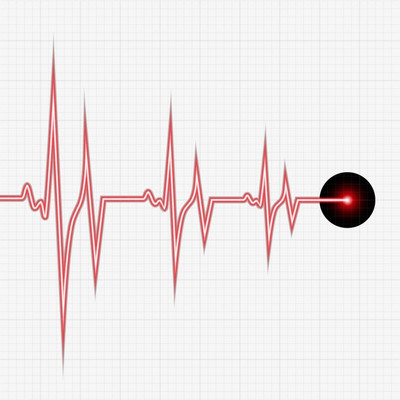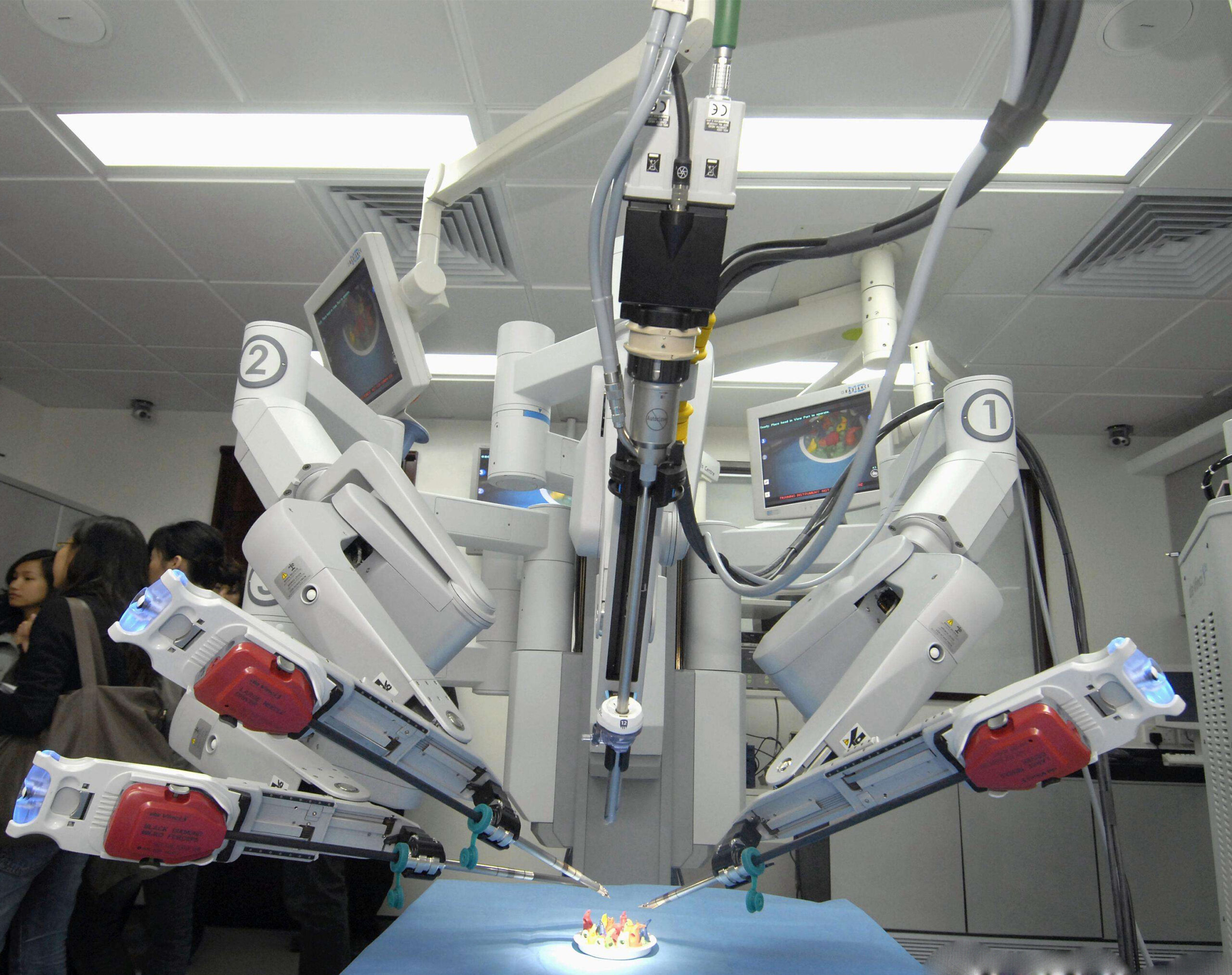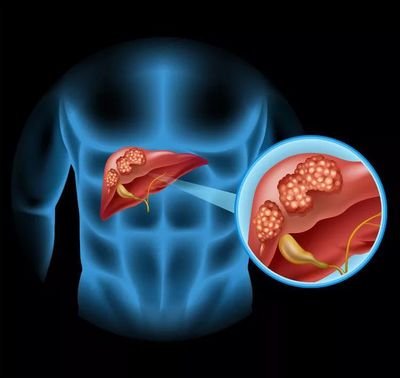4 Foods That May Boost Fertility
In the United States, according to data from the National Institutes of Health, approximately 11%of women and 9%of men have experienced some degree of fertility issues. While the causes of fertility problems can vary, some types of fertility struggles are potentially influenced by diet. As a result, eating specific foods may positively impact your fertility. Here’s a look at four foods that may boost fertility in women.
Folic Acid
Folic acid is a vitamin needed by the fetus for proper brain and spine development. It’s one of the most important vitamins during pregnancy. And the time when it’s needed the most is at the very beginning of pregnancy — in the first few weeks. Since you may not know you’re pregnant for several weeks, it’s important to start taking folic acid before you’re pregnant. The U.S. Preventive Services Task Force recommends that all women who may get pregnant or are trying to get pregnant should take a folic acid supplement every day.
Along with being an important vitamin for development during pregnancy, folic acid is also shown to improve female fertility. Research has found that taking high doses of folic acid can lower your chance of infertility, lower your risk of miscarriage, and improve your chances of having your infertility treatment be successful.
You can increase the folic acid in your diet by eating dark leafy green vegetables like spinach, broccoli, kale, asparagus, and brussels sprouts. You can also find folic acid in beans, peanuts, sunflower seeds, fresh fruit, and whole grains.
Fiber
Research on the connection between diet and female fertility has shown that the Mediterranean diet can contritube to improved female fertility. In addition to omega-3 fatty acids and plant-based proteins, the Mediterranean diet is rich in dietary fiber. The exact connection between fiber and fertility is not completely understood. A more recent study found that fiber only improved female fertility for obese women. Increasing fiber in your diet may help with your fertility — plus it’s a healthy choice in general for everyone.
You can increase your fiber intake with fiber supplements. You can also get fiber from your diet. Vegetables and fruits are natural sources of fiber and should be included in any healthy diet.
Omega-3 Fatty Acids
The Mediterranean diet also includes omega-3 fatty acids as part of this healthy diet that promotes fertility. A recent study found that women who take omega-3 fatty acid supplements are more likely to get pregnant. You can increase your intake of omega-3 fatty acids with a supplement, or you can get it through your diet. Avocados, nuts, grapeseed oil, and olive oil are all excellent starting places.
Soy
Phytoestrogens are similar to the human hormone estrogen, but you get them from plant-based foods. The most well-known example is soy. While there was some confusion in the past about whether soy was good for fertility, research now shows that phytoestrogens improve female fertility. Soy and soy supplements may also be specifically helpful for women who are getting treatment for infertfility.
You can take soy supplements or you can get soy in your diet. Foods like tofu, soy milk, and edamame contain soy naturally.
Next Steps
These foods may have a positive benefit for you and your fertility, and should be considered in any healthy diet. If you are concerned about infertility, you should speak to your doctor. You may find that the dietary changes described above can be helpful, but they should not be used in place of proper medical advice.
Medical content reviewed by Brittany Stopa, MPH




